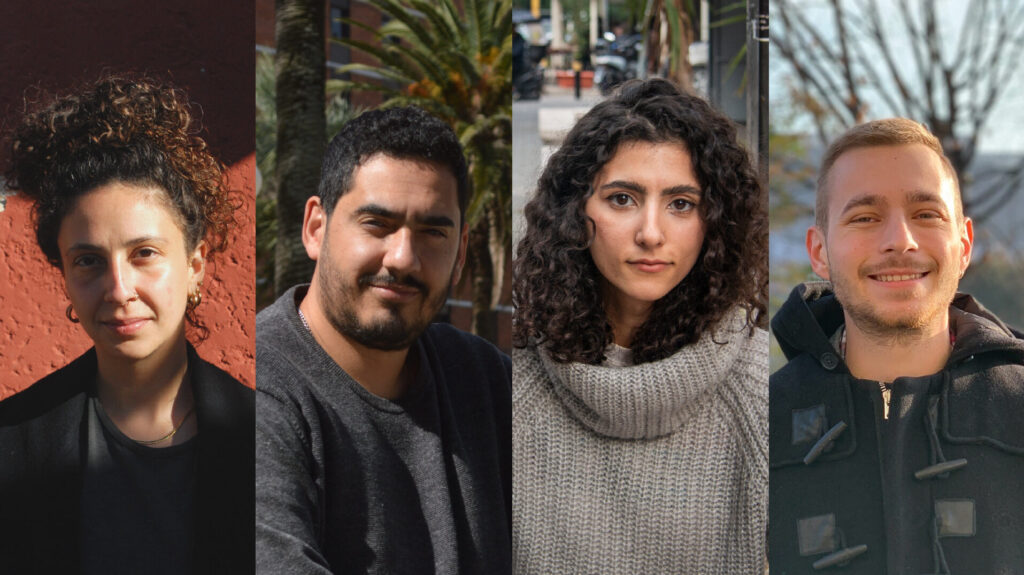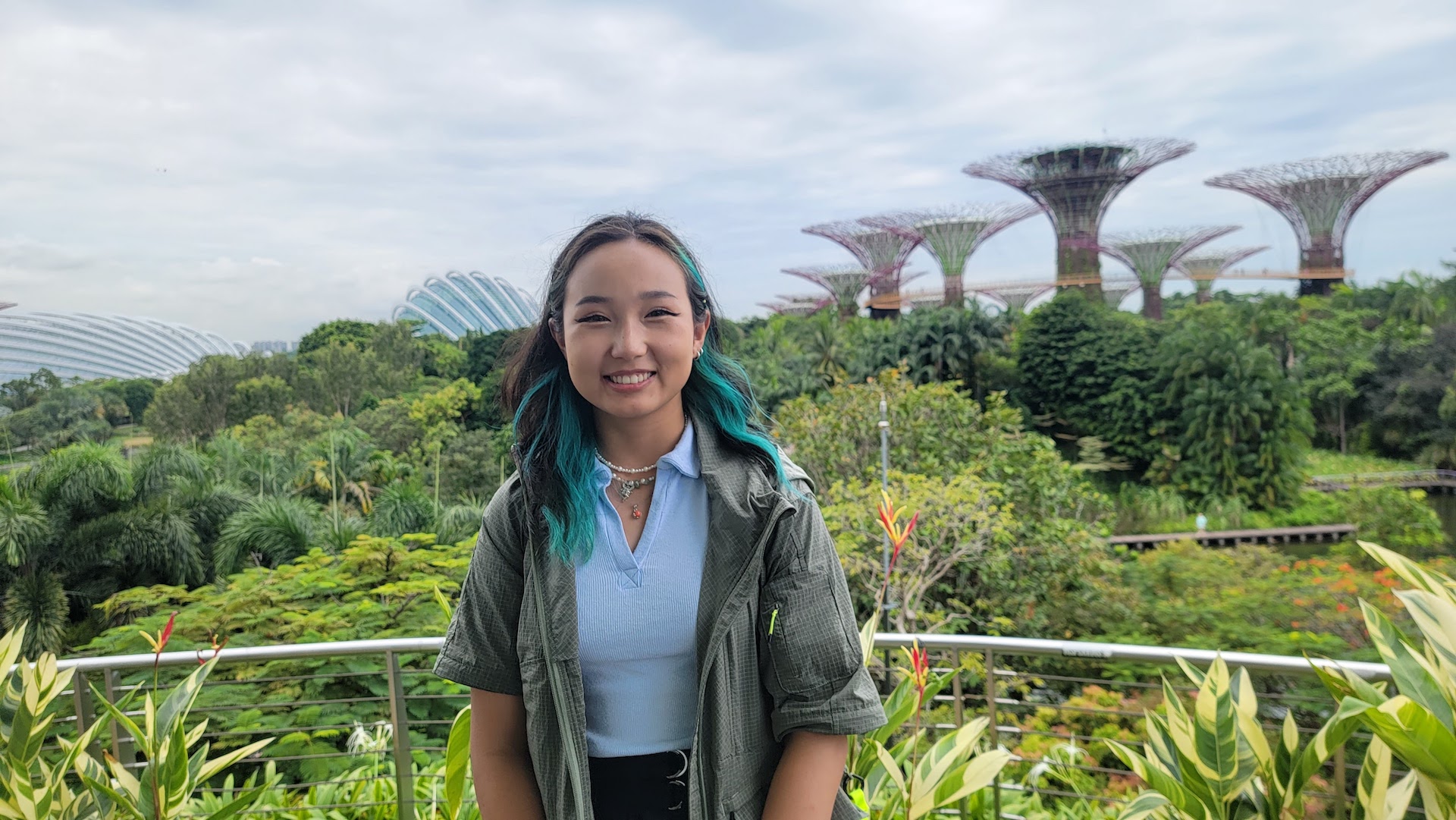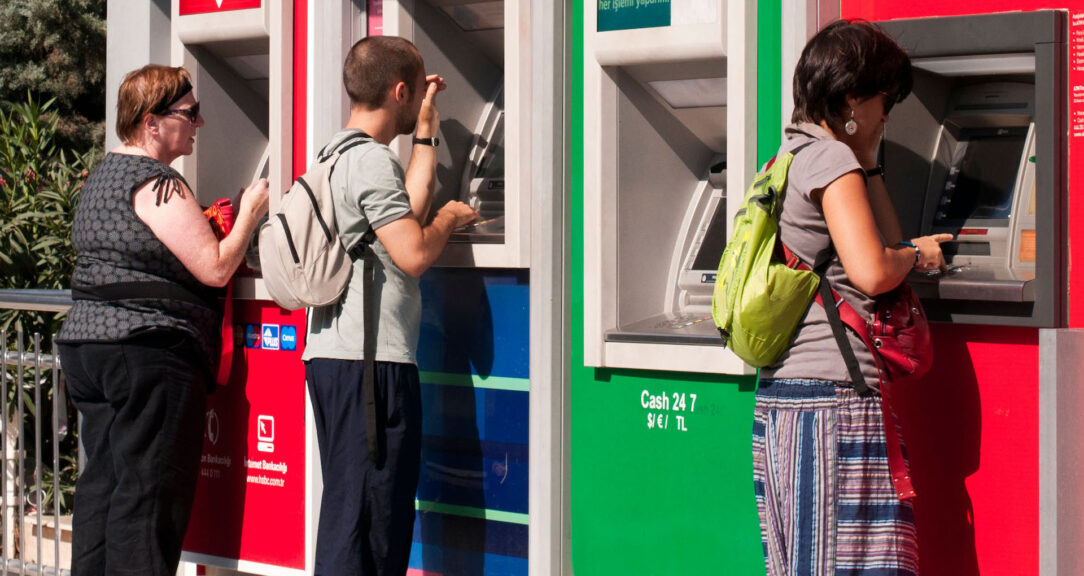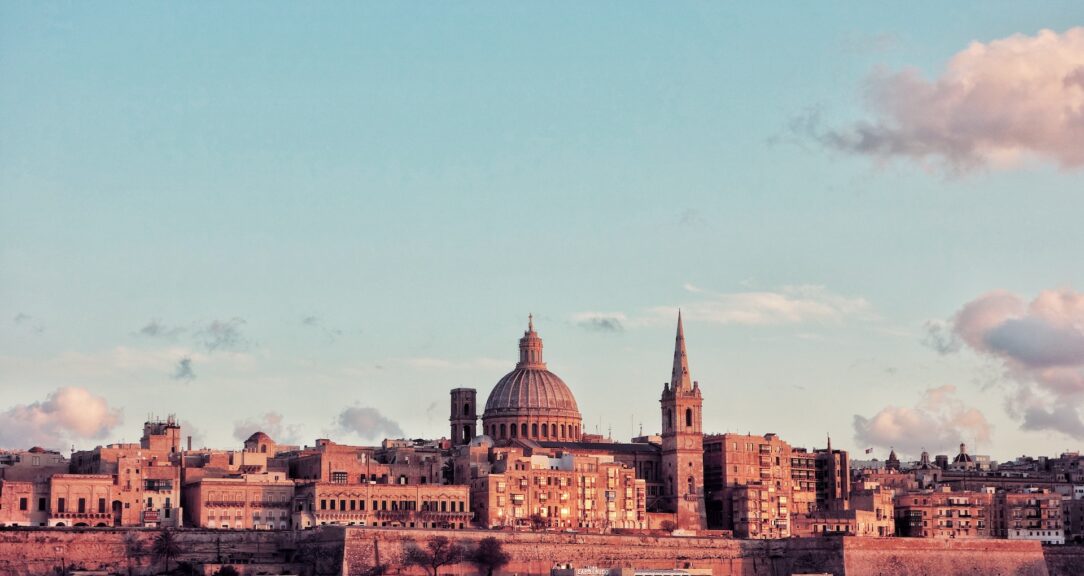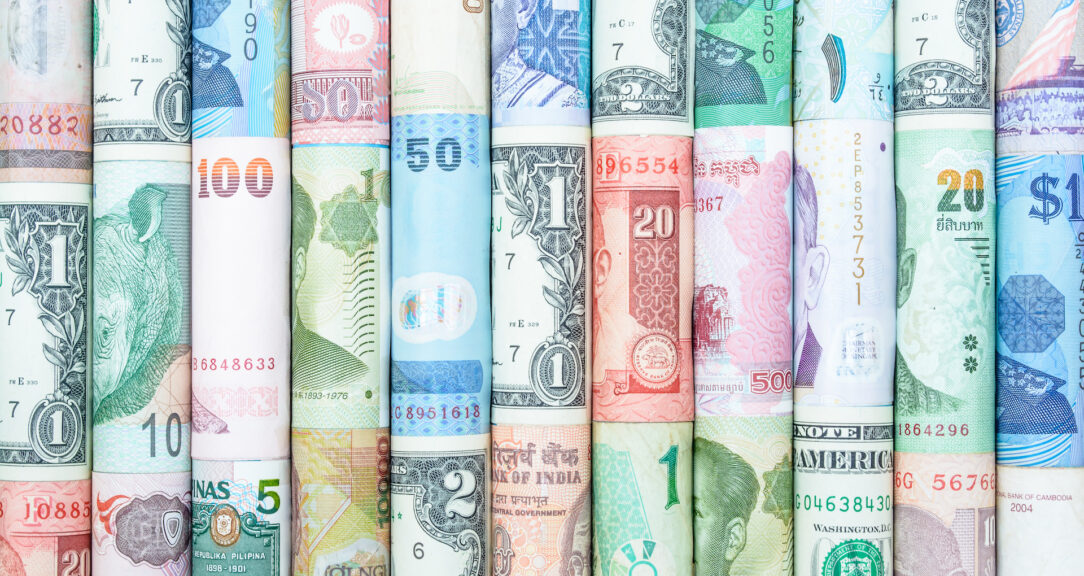Financial inclusion is on the rise around the world, but 24% of people in the world remain unbanked in 2022, according to the World Bank’s Global Findex 2021.
To understand better how real people around the world interact with banks and manage their money, we talked to eight workers from eight countries, all with unique experiences and preferences.
Lebanon
Lebanon is considered an upper-middle-income country, but political instability and high inflation have sent it into a significant economic crisis since 2019. Lebanon also has the second-lowest percentage of bank account ownership in the Middle East and northern Africa, following Iraq.
POPULATION
5.3 million
% WITH A BANK ACCOUNT
20.7%
GDP PER CAPITA
$11,600

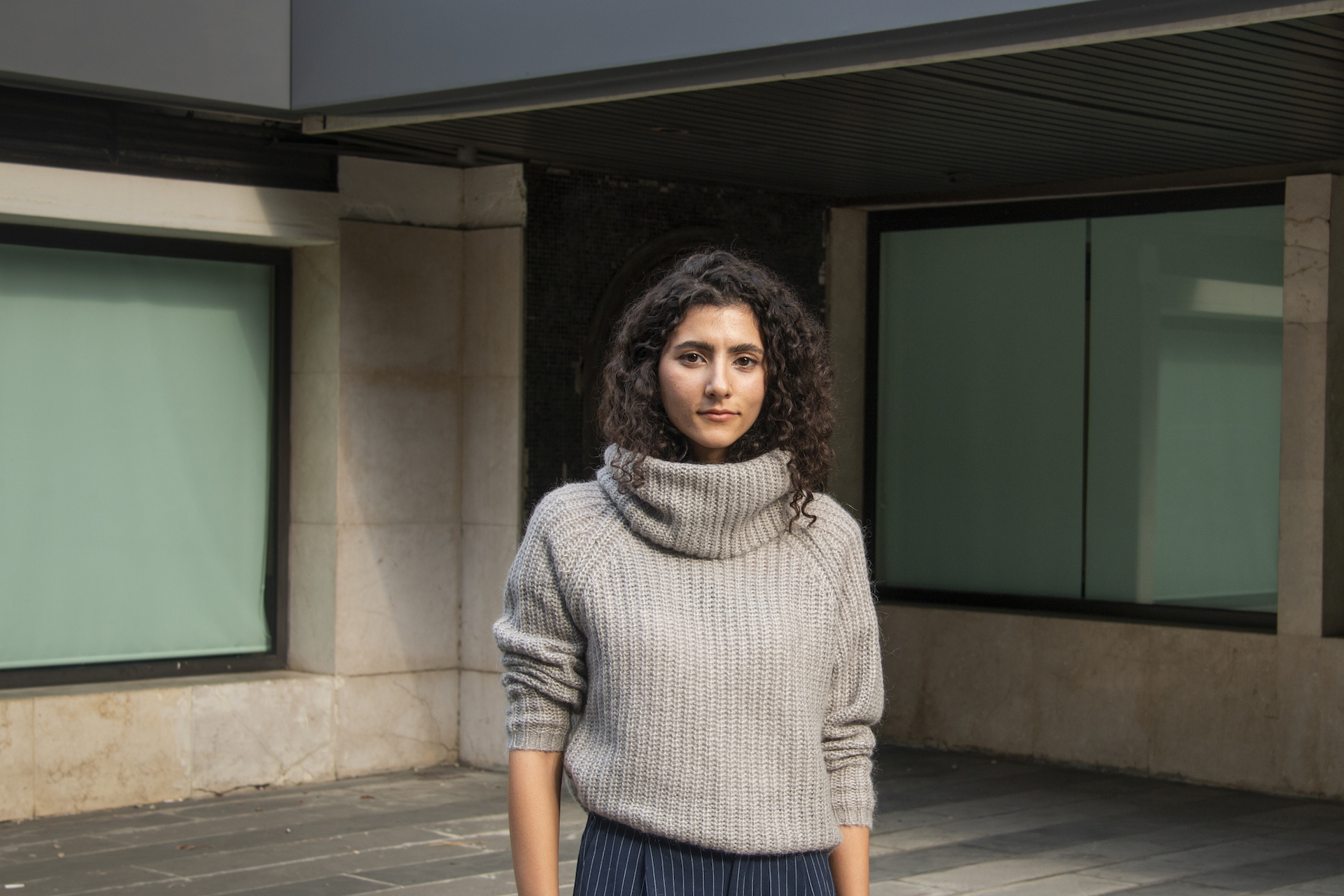
Jane Abou Rjeily, 29
Dhour el Choueir, Lebanon
I am a project coordinator with a local environmental NGO. I studied architecture and worked in the industry for a little while, but I did not enjoy it because it was very stressful, and I wasn’t working on projects I’m interested in. I started working with the NGO as a volunteer in 2018 to help clean up an oil spill in Lebanon, and then the director hired me last February. It was a path that I found naturally.
I never use a bank account anymore. I first opened a bank account in 2017 when I wanted to travel abroad as part of my university degree. I had the account for several years after, using it occasionally for online shopping. But I withdrew my money in 2019, and I’ve never checked it since. I get paid in cash monthly.
Since 2019, banks in Lebanon have imposed restrictions on customers’ savings in hard currencies such as dollars, euros and pounds, and limited withdrawals. We lost trust in the banking system and don’t want to give banks our money anymore. Many employers pay their employees in cash. I don’t care to know what happened to my bank account, and I’m not interested in opening a new one anytime soon.
I haven’t been faced with a situation where I desperately needed to have a bank account. When I shop online, I ask my close friends to pay for my purchases, and then I reimburse them in cash.
Had it not been for the financial crisis in Lebanon, I might have deposited some of my money into my bank account — not all — and perhaps invested the rest in crypto. I’ve been wanting to invest in cryptocurrency for a while, but I’m not sure. Crypto collapsed recently, and it’s very volatile and risky. But I still think about it.
It would make life easier to be able to transfer, deposit, pay and receive money electronically. But I sense that my parents are always facing problems with banks, like banks lying about interest rates. I’m not interested in having a bank account when I hear about those issues.
I don’t think I’m very good at managing my money because if I need a new phone, I’ll just buy it without thinking about saving. It’s very hard for me to think long-term or manage my money — I just live and spend day by day. Sometimes I also think that you never know what’s going to happen next in Lebanon, so let me just enjoy myself. — as told to Sally Abou AlJoud
Indonesia
Indonesia is the world’s third most populous democracy and the largest economy in Southeast Asia. It’s also one of the fastest growing economies in the region, a development that’s mirrored in the country’s bank account ownership levels: just under 20% of people had a bank account in 2011, and now it’s more than half.
POPULATION
277.3 million
% WITH A BANK ACCOUNT
51.8%
GDP PER CAPITA
$11,400
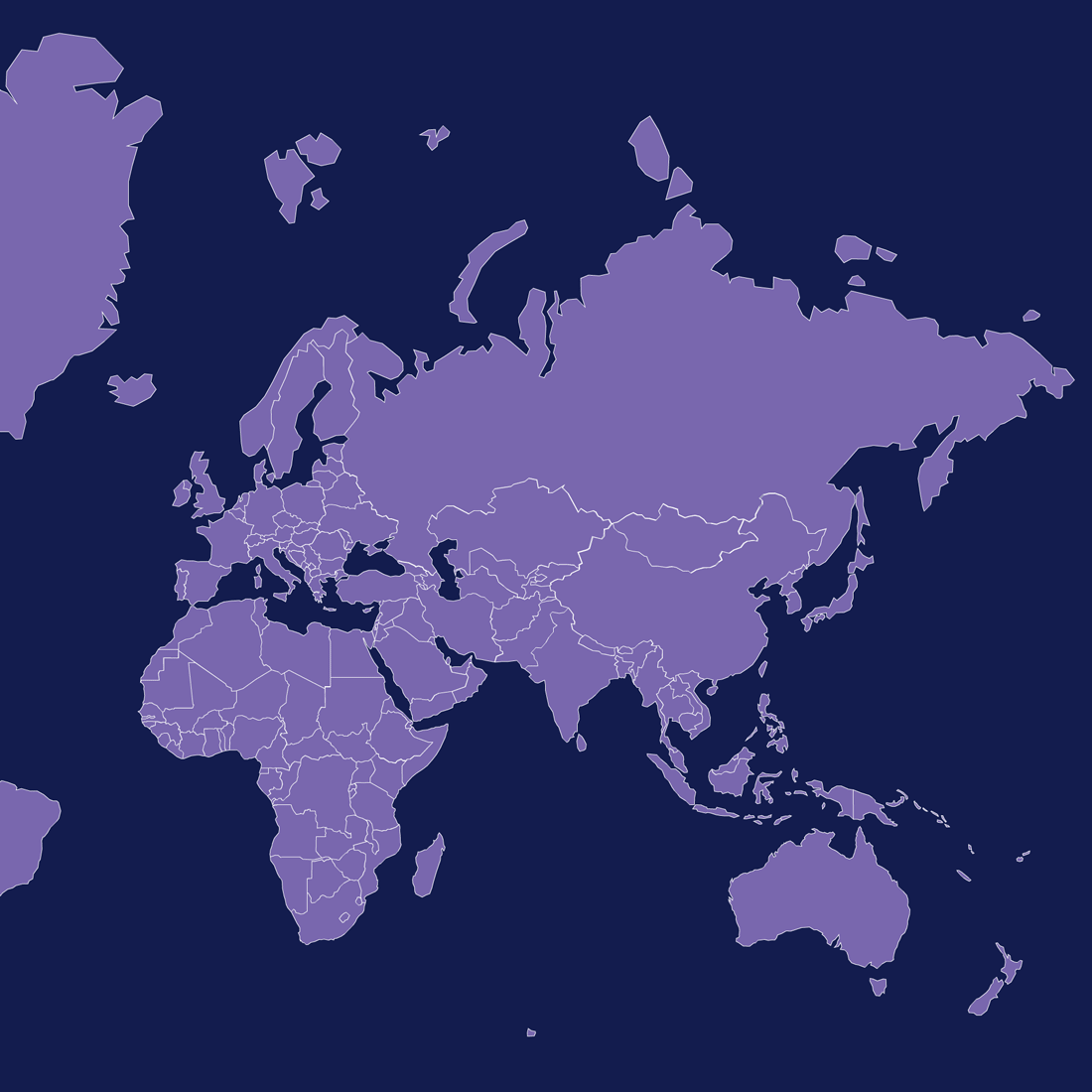
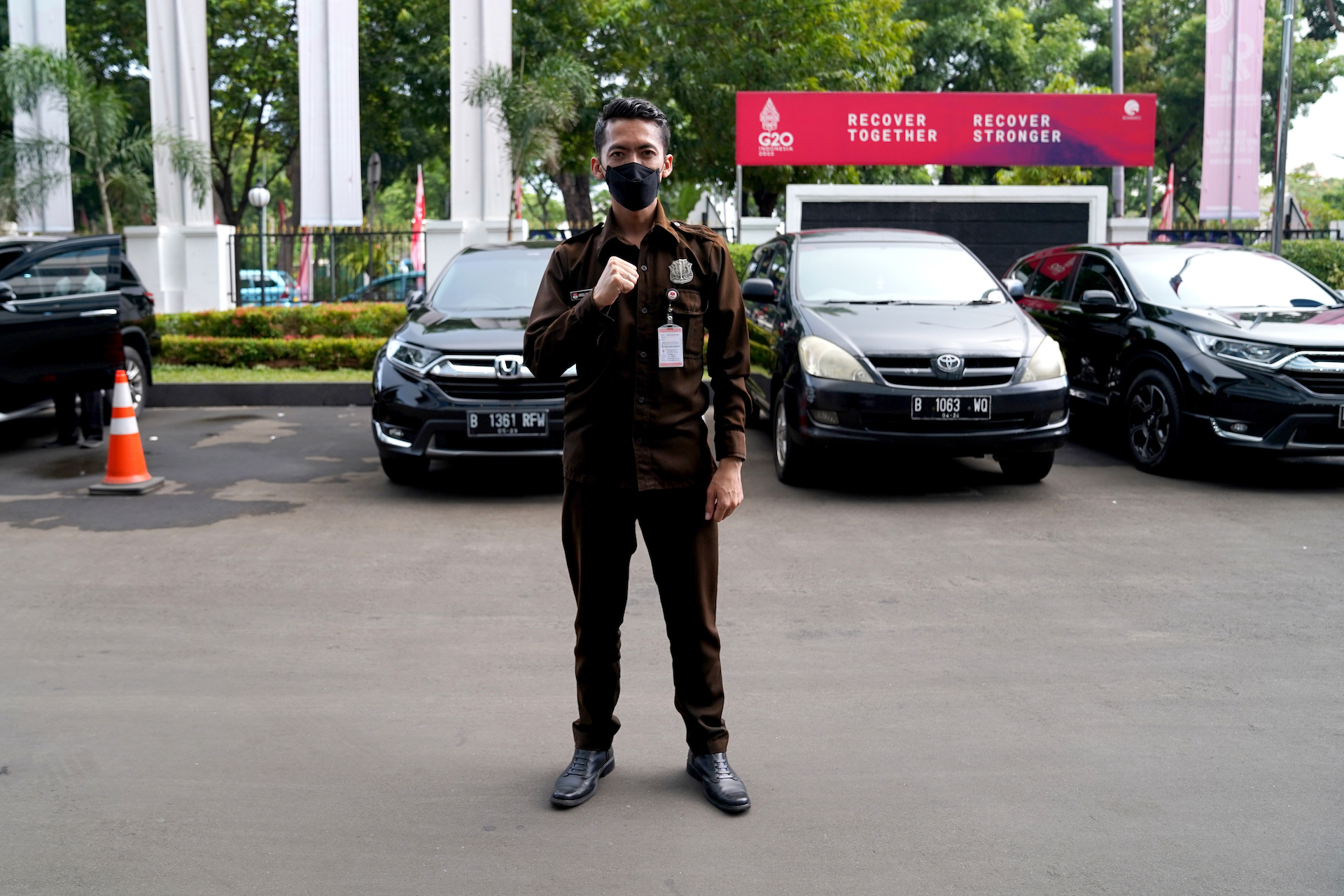
Angga Zulfala Yahya, 30
Jakarta, Indonesia
I’ve worked as a subcontracted security guard at a government office for five years. My main task in the team is to secure the outside and inside of the building. I work 12 hours a day, five or six days a week. It is exciting, and I also often meet interesting people during my work.
I was born in East Java, and then I moved to Jakarta in 2010. I got my first bank account in 2017 when I started working for a cleaning service.
The account that I most recently used is my second account. I receive a regular monthly salary according to the Provincial Minimum Wage (UMP) via one of Indonesia’s private banks. Then I send 80% to my wife’s account for our daily household needs.
For financial activities, my wife and I prefer the traditional to the digital system. We prefer to go to an ATM for checking transactions, withdrawals or transfers. For shopping for daily household needs, we still use cash or a debit card for payments.
Honestly, the digital system is much more practical, fast, and easy for any payment. But it will make us more consumptive and extravagant. The non-digital systems can make us take more care and be well-organized in managing our financial traffic.
Every year we receive an increase in salary of around 2% to 5%, according to government policy. Unfortunately, I am not yet able to set aside any money for investment purposes. I live with my wife in a simple rented house in Jakarta, but next year we plan to start saving for a permanent home.
Uganda
Banking access in Uganda has grown significantly in the past decade, with the rate of bank account ownership more than tripling between 2011 and 2021. But while Uganda now has the highest rate of bank account ownership among low income countries, large swaths of the country’s rural population — which makes up 74% of the total population — still lack access to financial institutions.
POPULATION
46.2 million
% WITH A BANK ACCOUNT
65.9%
GDP PER CAPITA
$2,200
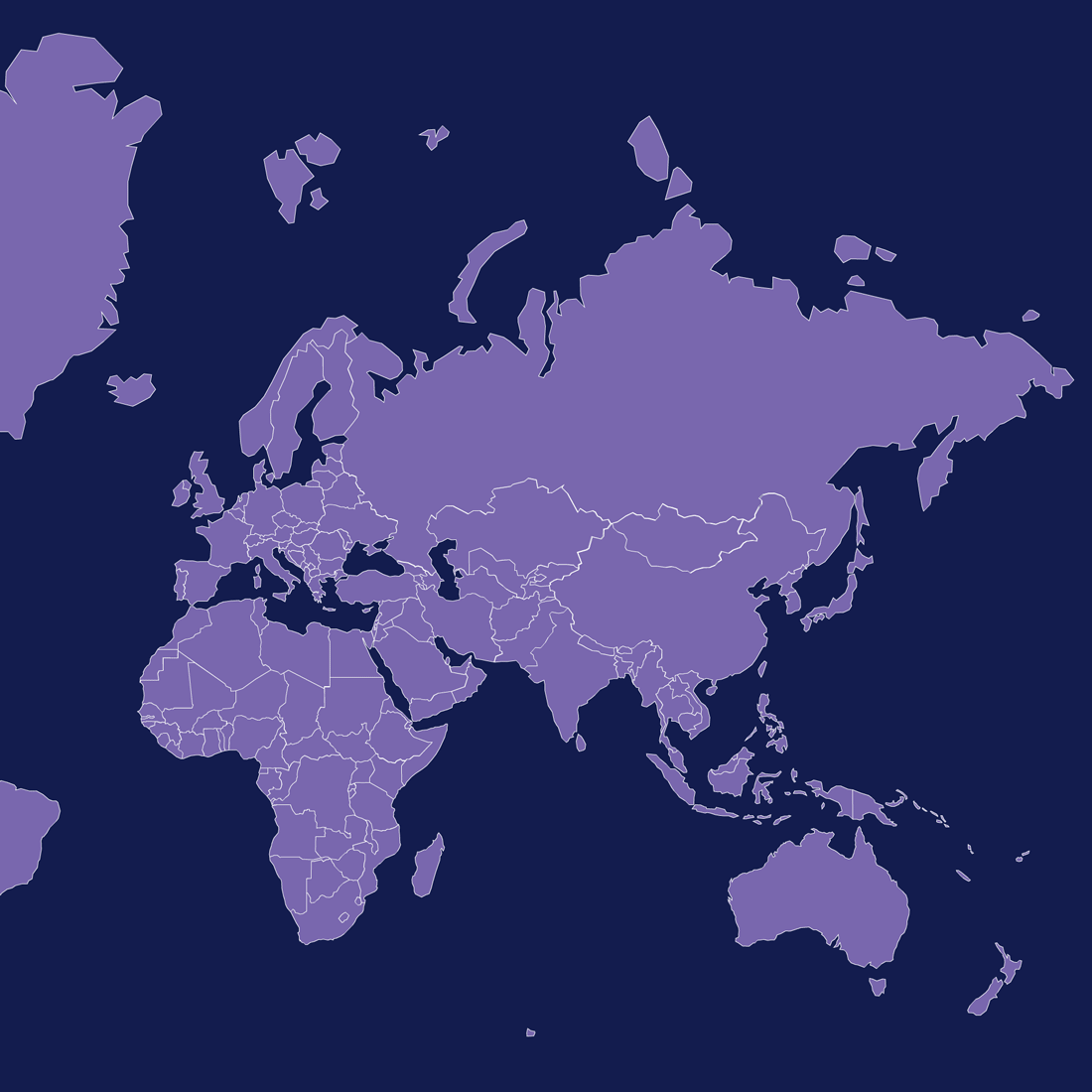
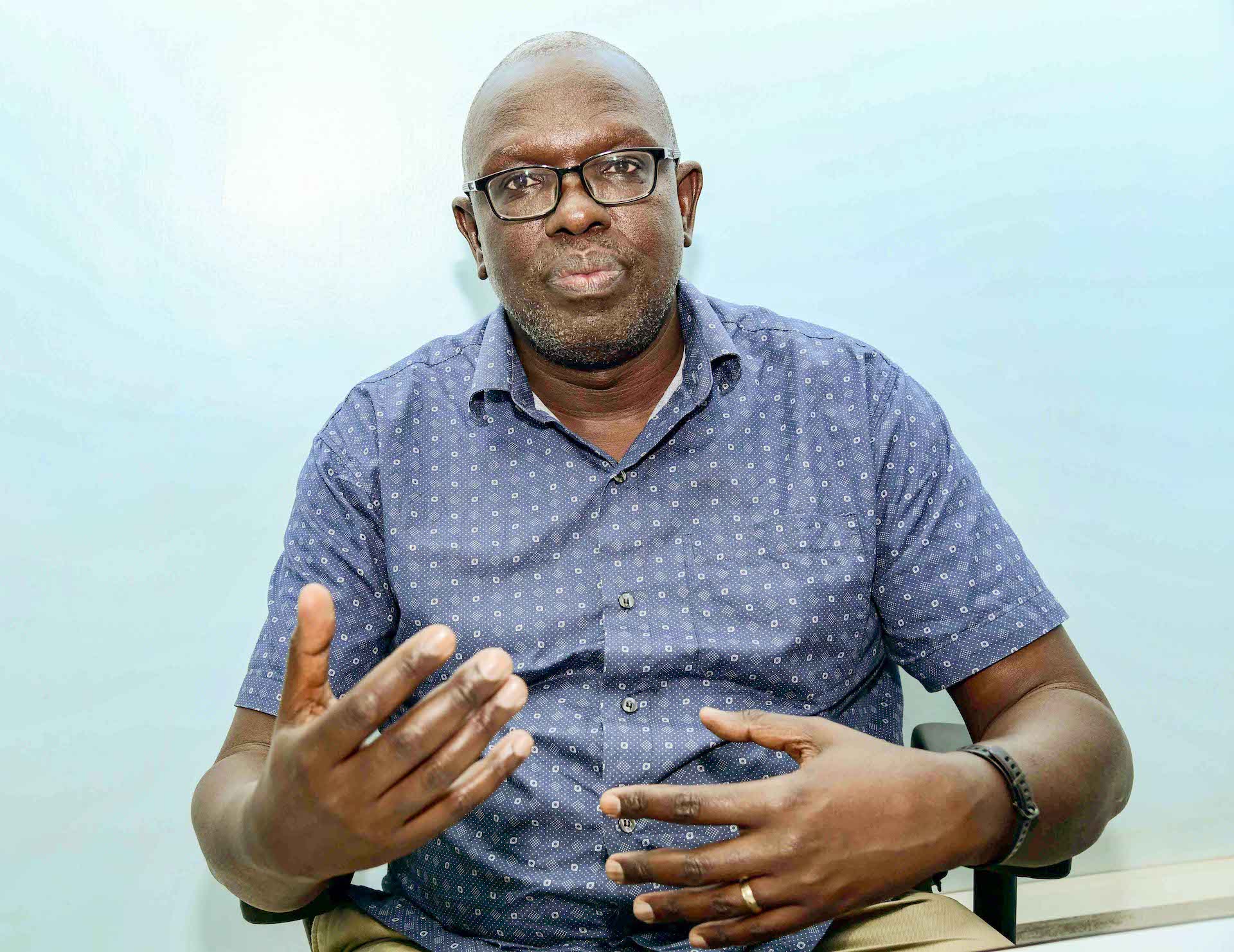
Simon Oola, 53
Wakiso District, Uganda
I’m a director of corporate services for a regulatory body, which involves working on IT functions, managing human resources, and overseeing procurement. It keeps me on my toes.
It has been especially challenging during Covid-19 and with the economic slowdown. When Covid struck, there was a lot of re-organization and innovation. We had to find a way to use the available resources effectively and be on the lookout to ensure that we survived. Our clients are affected by what happens in the world, so we have to come up with innovations and solutions that will help service the clients and keep the organization afloat.
I first opened a bank account in 1996, with the idea to save some money. At the time, I was working part time and studying. I wanted to leave some money in the account while I was traveling abroad, but after queuing for hours, the teller wasn’t cooperative. So I exchanged all of it into foreign currency instead and just left a little money in the bank account. Unfortunately, the bank collapsed while I was abroad, so I let it go.
When I returned home, I opened my second bank account in 1998 because I was being paid by check. But now I only use mobile money and ATMs. Uganda is largely a cash economy. I am paid monthly via bank transfer — always before the month ends, always on time.
I would like to see people being able to access banking services everywhere in Uganda. But banks have done well with innovations like banking through the phone. I also think banks could do more to make people understand how they operate. Sometimes people get excited and get loans without reading the terms and conditions in very small print. Customers should understand the implications of what they are getting into before they sign off for the loans so that they don’t burn their fingers.
I don’t spend a lot of time managing my money — if I can manage money for my whole organization, managing mine is a no brainer. I manage to fit everything within my resources, but I would like to make more money to invest in assets that can produce more income. Because I have enough on my plate. — as told to Esther Nakkazi
Romania
Romania is the largest of the Balkan countries, and has experienced some of the highest levels of economic growth within the European Union since becoming a member state in 2004. However, financial inclusion has been a slow process for Romania, with the country having the lowest rate of bank account ownership in the EU.
POPULATION
18.5 million
% WITH A BANK ACCOUNT
69%
GDP PER CAPITA
$14,861
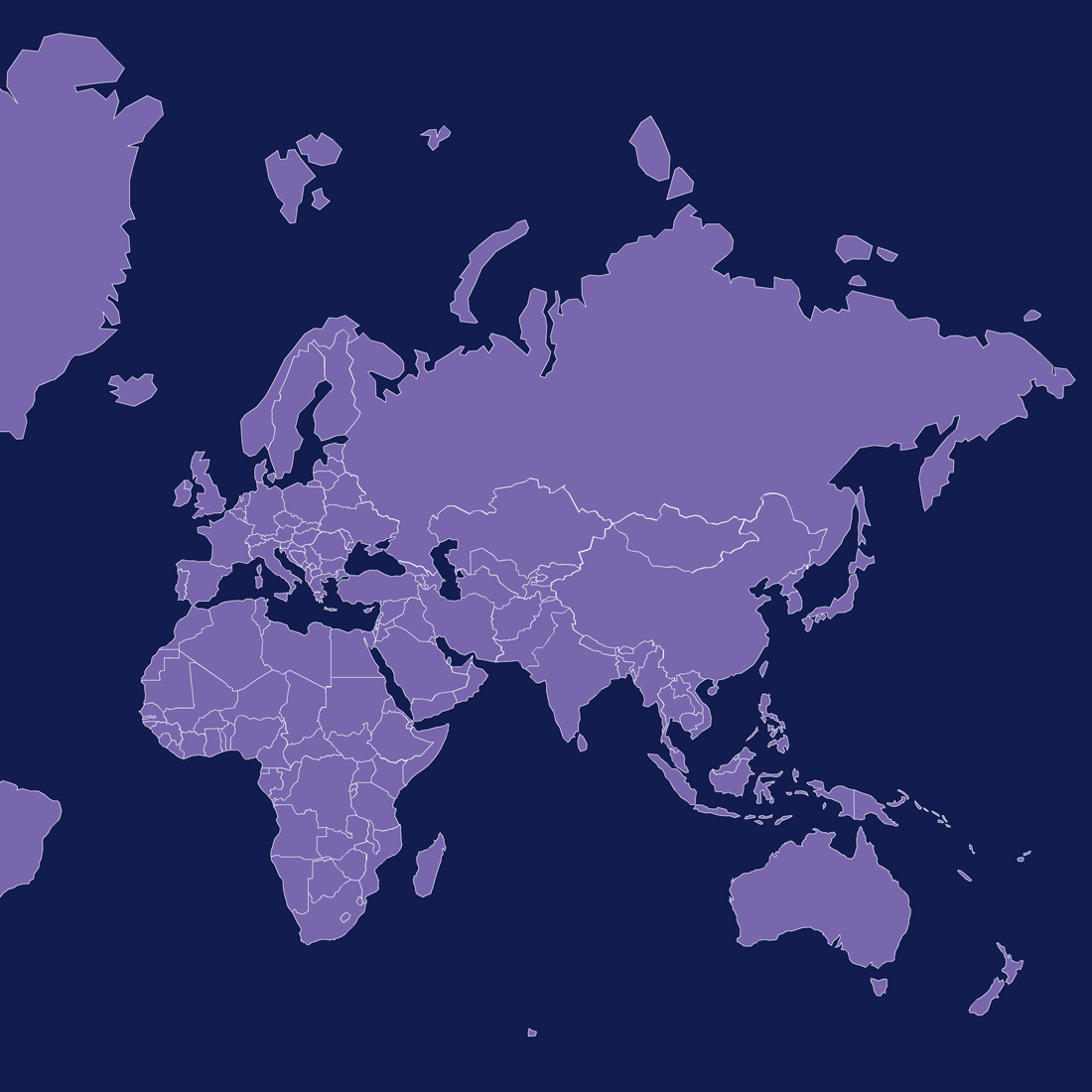
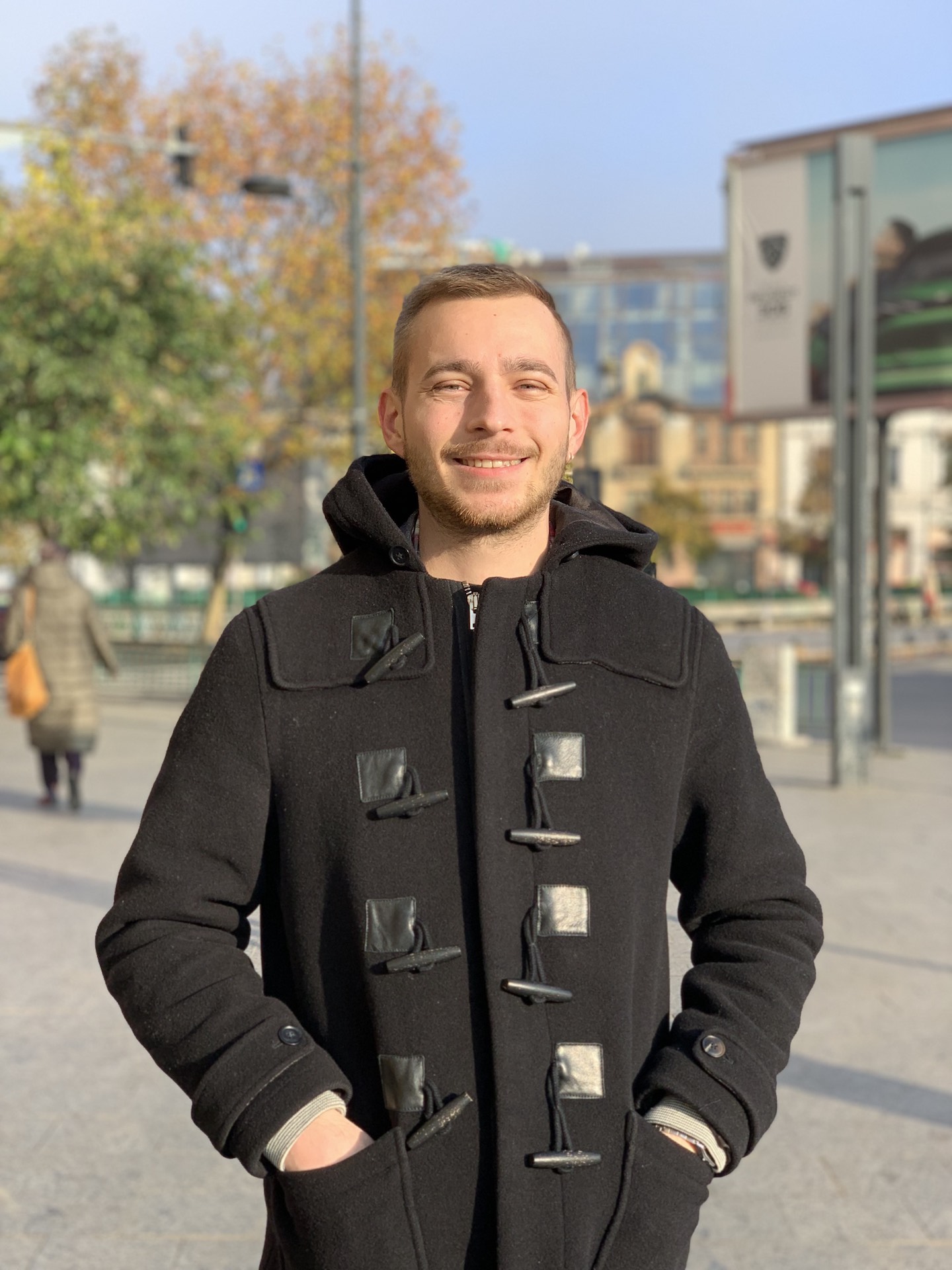
Alexandru Urse, 24
Bucharest, Romania
I have been a junior auditor for a year and a half, and I love my job. An auditor is someone who sees the whole financial picture of a bank, a company or a fund. The way a bank operates can affect our entire society, and I find that interesting and insightful. My dream is to work with important clients, participate in high-level meetings and decide where there is a risk of fraud, and whether we need to investigate more or not.
I get paid every month, my salary goes directly to my bank account. Since high school, I’ve put a lot of emphasis on my financial education and how I should manage my money. My parents lived in Italy, my sister in Brașov, and I had to look after myself, pay my bills, buy food and take care of everything. That helped me learn to manage my money better. Now that I have a salary, I’m super relaxed because I know exactly what to do.
I opened my first bank account at the age of 14 when I was in high school. I felt like an adult. I had my first card! I chose to simply save my money. Years later, when I was 19, my phone broke the day before I was going to a festival. I couldn’t leave without a phone, so I took the money from my savings and bought a new one. I was very happy because I had been patient and spent my money wisely.
I would like to travel more and go on longer vacations. I don’t feel like I can do that right now because vacations have gotten too expensive. If I don’t put money aside for a month, or even two or three, I can’t enjoy my vacation fully. Banking services should be faster, safer, and charge fewer commissions. There’s a lot of unnecessary bureaucracy, and yet sometimes people manage to steal money. And there are simply too many commissions. Every time I transfer money there’s a fee, and I don’t think that’s fair. — as told to Matei Bărbulescu
Uruguay
This small South American country, nestled between Argentina and Brazil, has enjoyed a level of economic stability not shared by its neighbors. It’s considered a high-income country, but it has the lowest rate of bank account ownership of any nation in this economic category.
POPULATION
3.4 million
% WITH A BANK ACCOUNT
74.1%
GDP PER CAPITA
$21,600
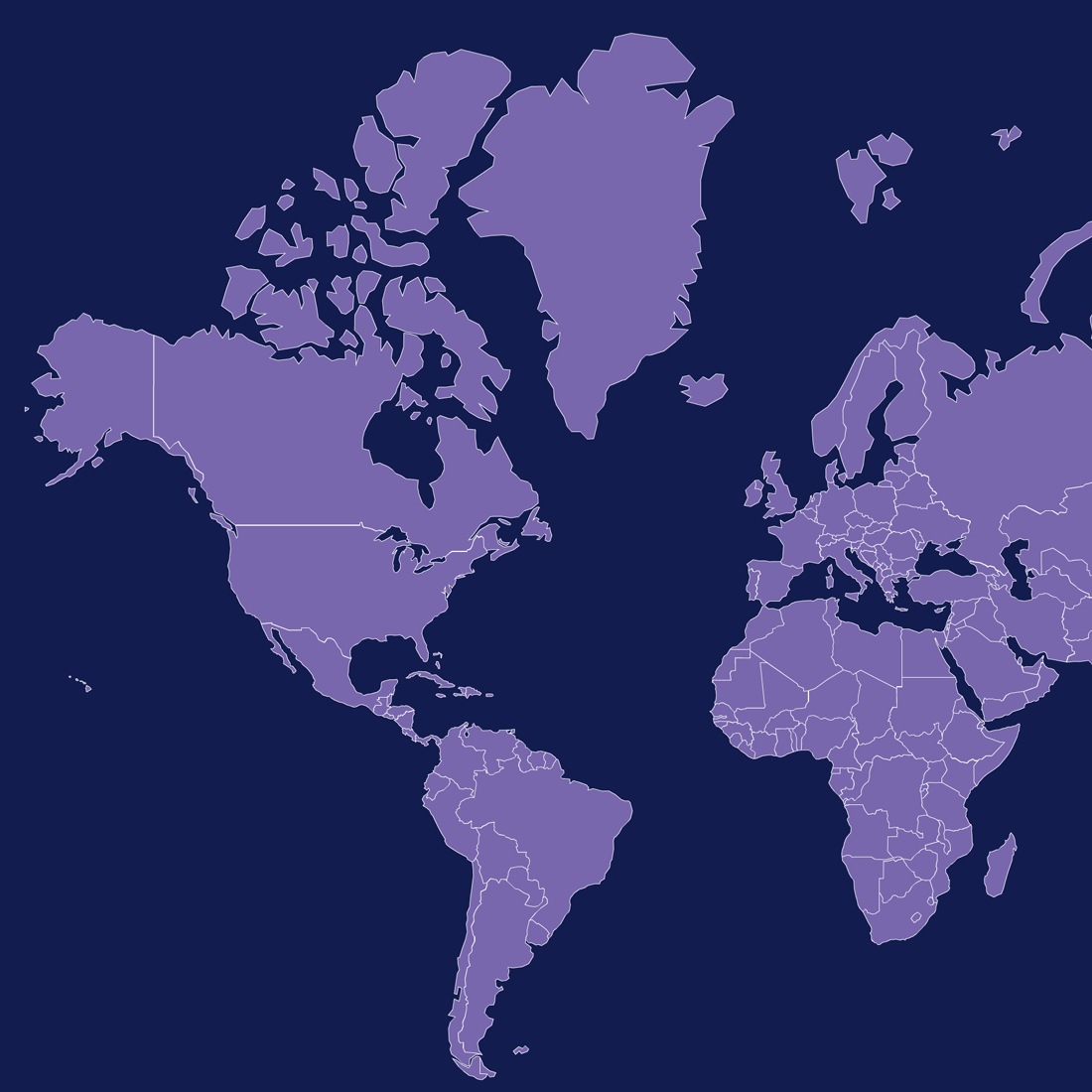
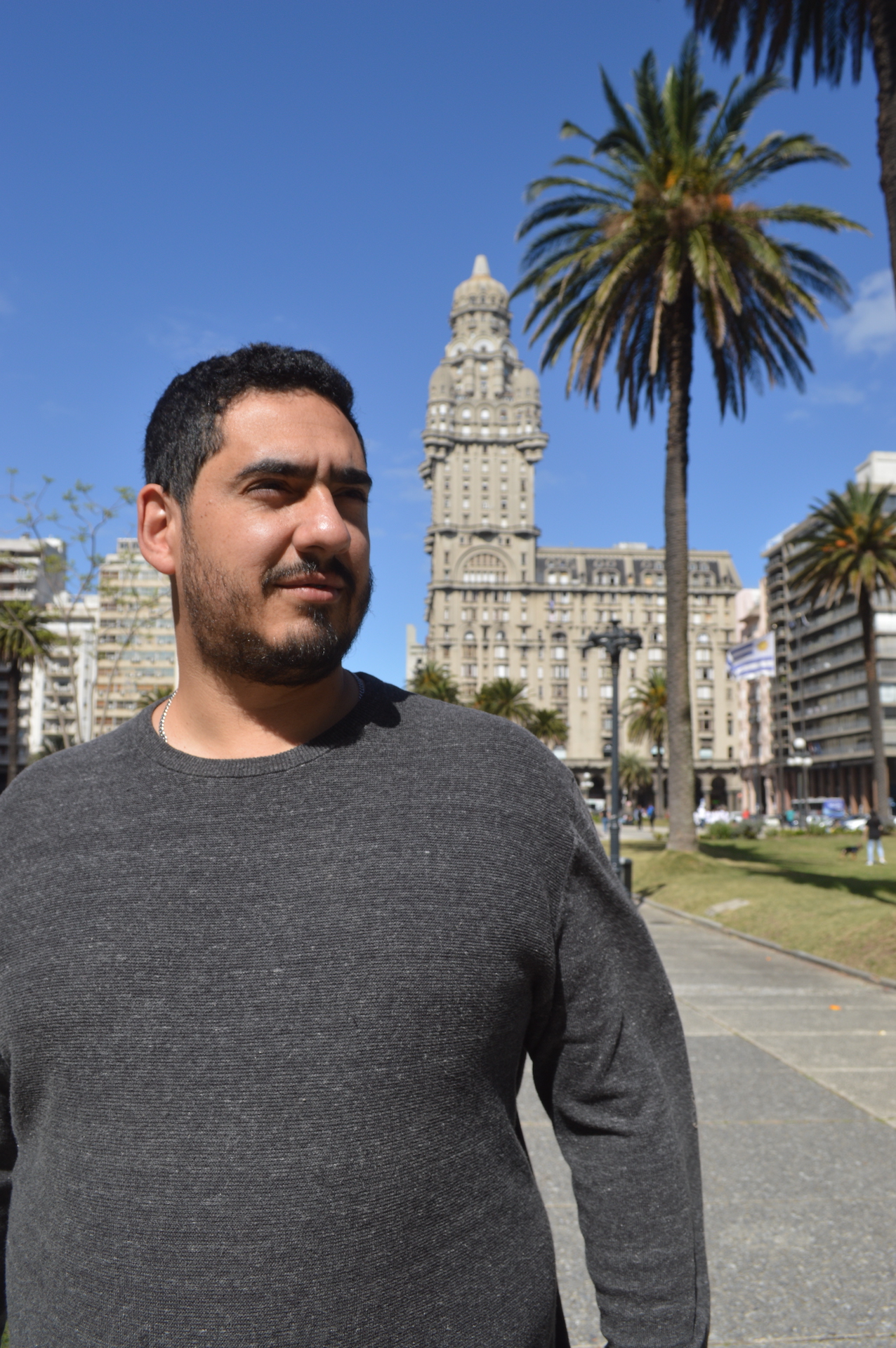
Nicolás López, 33
Montevideo, Uruguay
I have been working as a driver for a year for a company that provides transportation services for the state. I like to drive and go around the city. I am a permanent employee, my salary is directly deposited into my bank account. I am also a referee at basketball games on weekends. I love this sport, and it is a very good extra income.
During the pandemic, I lost my job and I was out of work for almost two years. It was a very difficult time for my family. I have two children, a 12-year-old and a 3-month-old. Fortunately, I had some savings that helped us to survive.
I opened my first bank account when I was about 20 years old to receive my salary at the company where I worked. Before that, they paid us with a check that I had to cash in a bank and then go home with all the money in my pocket. Without a doubt, withdrawing money from an ATM made everything much easier and, above all, much safer. It is always better not to walk down the street with a lot of cash.
My experience operating with banks has been very satisfactory. I’ve never been a victim of any type of fraud or scam, and the bank has made it easier for me to manage my money. I usually make transfers, deposits and other operations through the bank’s app or website. I can do everything from my cell phone at any time. Time is a finite resource, so that’s the most important thing for me.
With the arrival of my new son, we have had to make some changes in the house, so this year we asked for a loan from the bank to cover these expenses. I have taken it out in installments — that allows me to do the work without dramatically affecting my finances.
The project that my wife and I have planned in a few years is to emigrate to another country, perhaps in Europe. We want to have a better quality of life — the cost of living in Uruguay is very high. To that end, we have a savings account where we deposit money monthly. — as told to Facundo Florit
India
About 230 million adults in India did not have a bank account in 2021, the largest unbanked population in the world. But bank account ownership has more than doubled in the past decade, from 35% in 2011 to just under 78% in 2021.
POPULATION
1.3 billion
% WITH A BANK ACCOUNT
77.5%
GDP PER CAPITA
$6,100

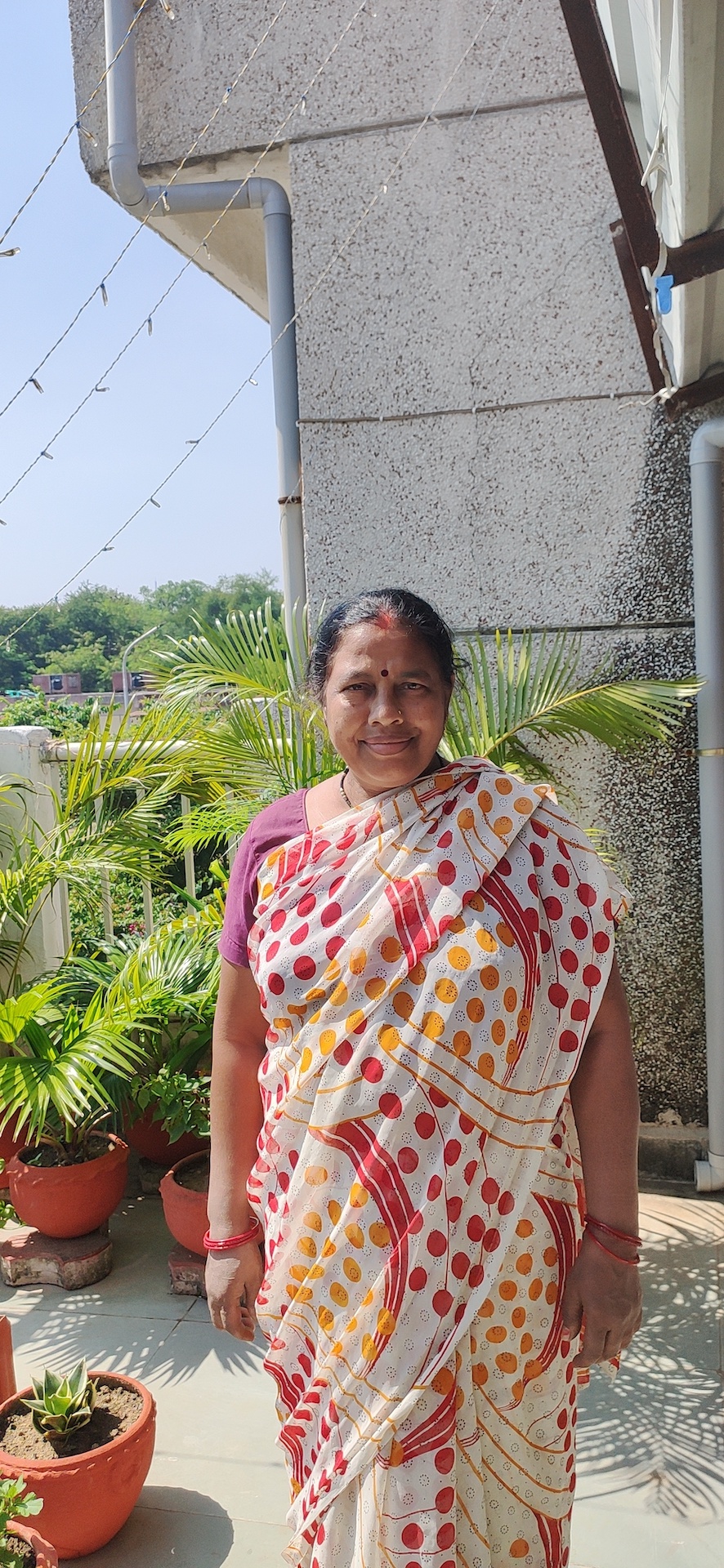
Asha, 50
Jabalpur, India
I was born in a village near Sagar, a small town in Madhya Pradesh, India. I was married in my teens, and moved to the town of Jabalpur two years after my wedding. I live with my husband and clean homes for a living. My daughter Aarti, who is married and has two children, also lives nearby.
I sweep, mop floors and do laundry for four households, and get paid in cash once a month. I do not have a pension fund or any employee benefits. When I get older, I will find it difficult, because most people don’t let very old people work in their homes.
Many years ago, my daughter encouraged me to save money and helped me register for a bank account. I hoped to save and put away some money for when I’m too old to work. But I have not been able to put away any money yet — we have very little left over after buying what we need. We had to borrow money from one of my employers to cover the medical bills for a recent illness my husband and I had. Whatever little we had saved up went towards that, and our daughter’s wedding.
I have never been to school and cannot read or write. But the process of registering for a bank account was easy — all I had to do was affix my thumb impression to a few documents. I believe that everyone who can afford it should get themselves a bank account, save money and make use of the facilities.
I have been working for over 30 years. When my husband and I are too old to work, we will go back to our village and live with my nephews. We cannot afford to continue staying in Jabalpur after we stop working, but I hope to save up some money by then so that we can have a comfortable retirement. I have not used my bank account in so long, I don’t even know if it is still active. But I still hope to save up enough money to deposit in my account some day. — as told to Aishwarya Jagani
United States
While the share of households with banking access is high, there are significant differences along racial, economic and state lines. The state of Louisiana has the second-highest level of unbanked households after Mississippi, at 8.1% and 11.1%, respectively. Utah has the lowest rate of unbanked households at 1.2%.
POPULATION
337.3 million
% WITH A BANK ACCOUNT
95%
GDP PER CAPITA
$60,200
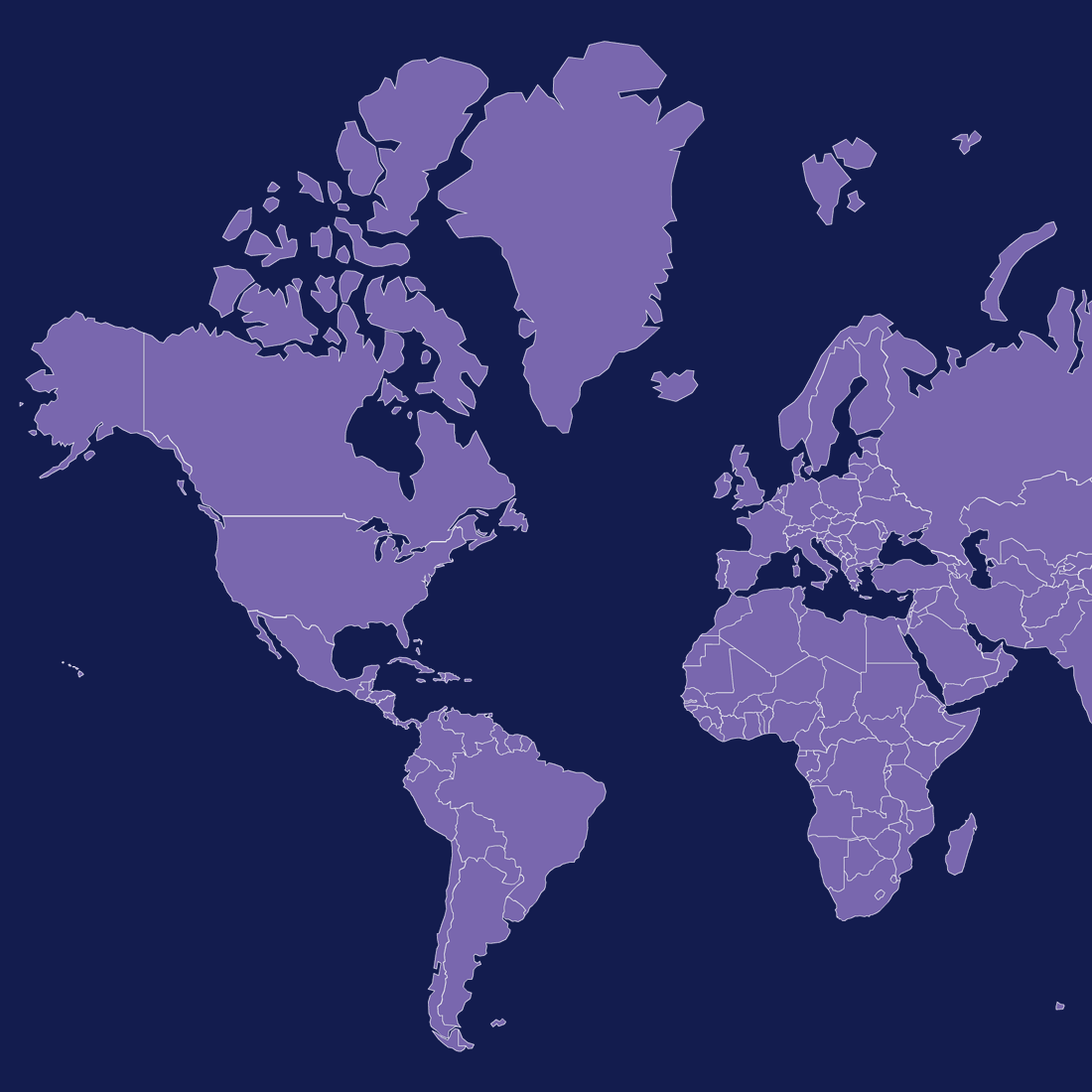
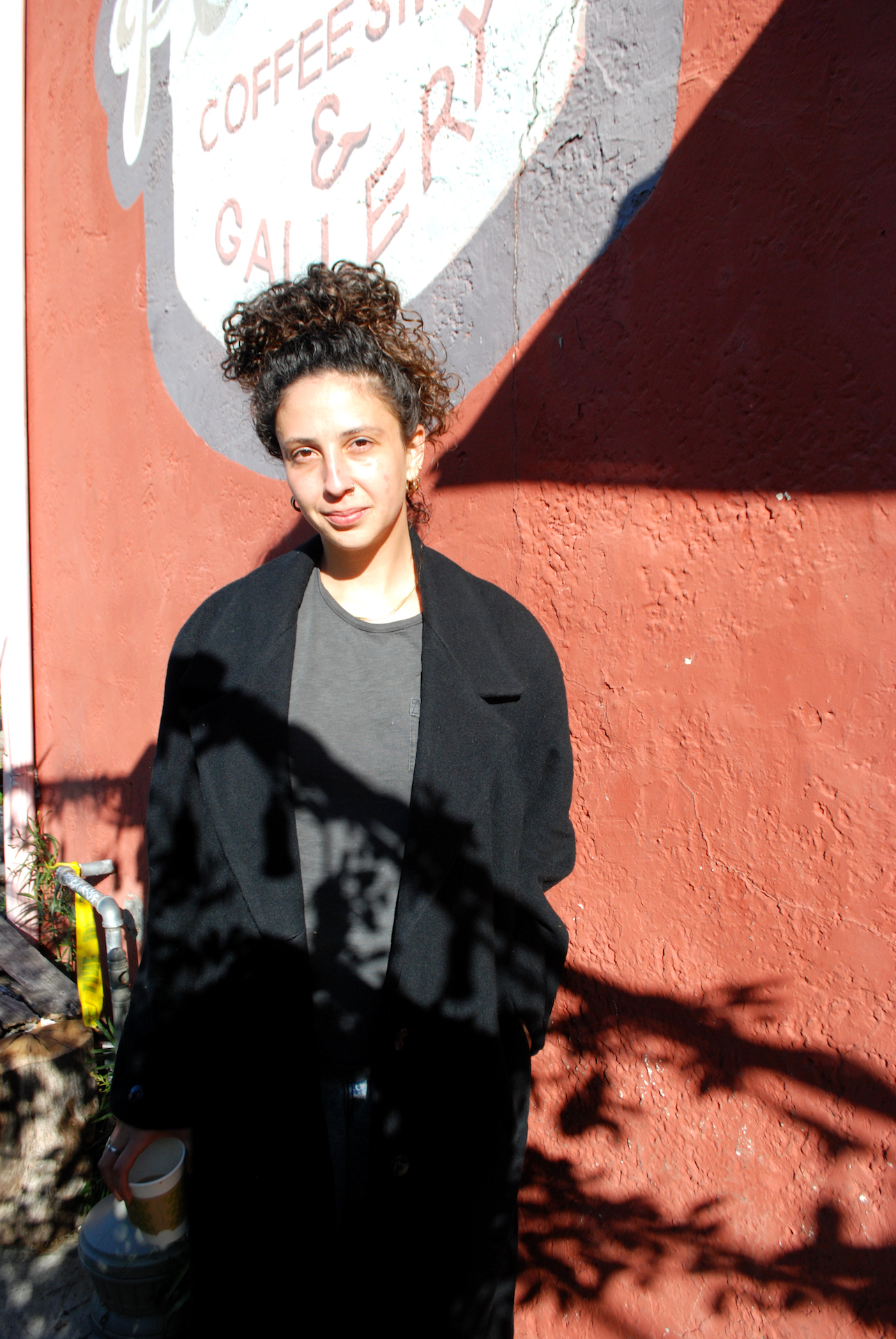
Taylor Balkissoon, 31
New Orleans, Louisiana, United States
I bartend at a high-end event venue. It’s pretty good money: $15 an hour plus tips. The tip jar has a Venmo QR code. The venue keeps the cash, splits all the tips, and they Venmo us our share directly that night. And then I get paid my hourly wage through direct deposit.
I use Venmo, PayPal, Zelle — a lot of those apps. It’s just faster. Or at least everything feels faster since I don’t have to go anywhere. Maybe it’s just because I thrive on chaos, but when I keep my money in various apps, and then I check one and it has money, it’s like a nice surprise. I just started using Apple Pay. I left my card somewhere, and it was a week before I got it back. But having Apple Pay on my phone, I was like, OK, I can at least find a place that accepts mobile payments and get my basic needs met.
I opened my first bank account at a Colorado credit union when I was 14 and I had just gotten my first job at a pizza place. My mom had to cosign to open the account, since I was so young. I still have the same bank account! It’s the only bank account I have. I’m pretty sure my mom is still linked to it somehow.
I’ve been working through the fact that I have trauma around money. Anytime I have money, I feel like it’s dirty, I want to get it off me. But I just turned 31, and I feel like it’s time: I need to have savings. Capitalism isn’t going anywhere, unfortunately. I can’t keep tanking my own security in the name of my values. I’d like to get together a down payment on some land. I don’t want to be paying for someone else’s retirement or mortgage. But investing just seems so volatile that it would give me anxiety. Having passive income sounds great in theory, but I worry about the fact that it can get pulled out from under you. For now I’d just really love to be in a position where I have a set income each month and can budget accordingly. In the past I’ve had that, and I felt much more secure. — as told to Delaney Nolan
Mongolia
Mongolia is considered a lower middle-income country and, with an area of 1.6 million square kilometers, is the world’s most sparsely populated nation. Yet it also boasts the highest bank account ownership levels for a country in its economic category, thanks in part due to programs such as the Child Money Programme (CMP), which deposits a monthly allowance for every minor into a bank account.
POPULATION
3.2 million
% WITH A BANK ACCOUNT
98.5%
GDP PER CAPITA
$11,500
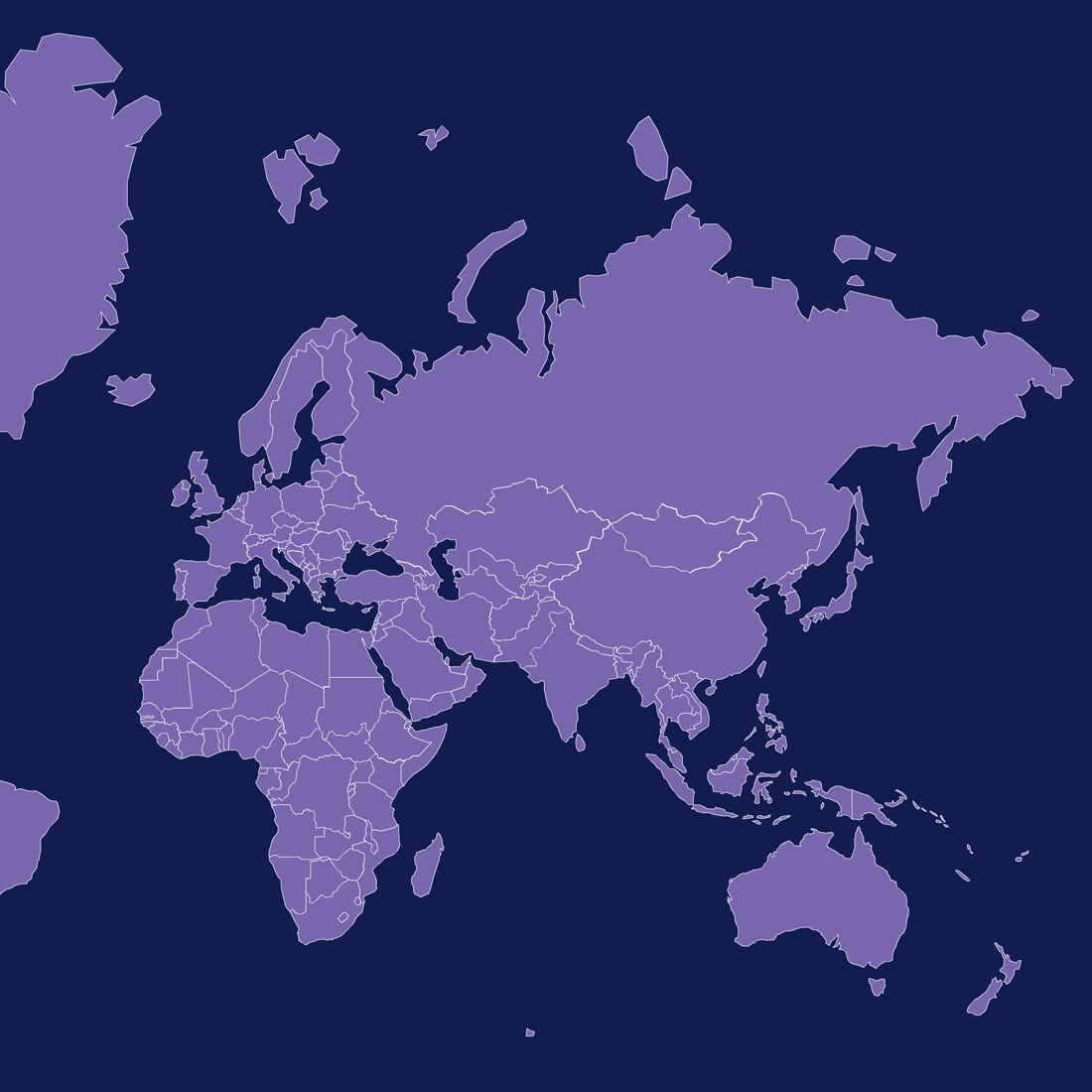
Read more
Sign up to keep up to date with ReThink Quarterly.
